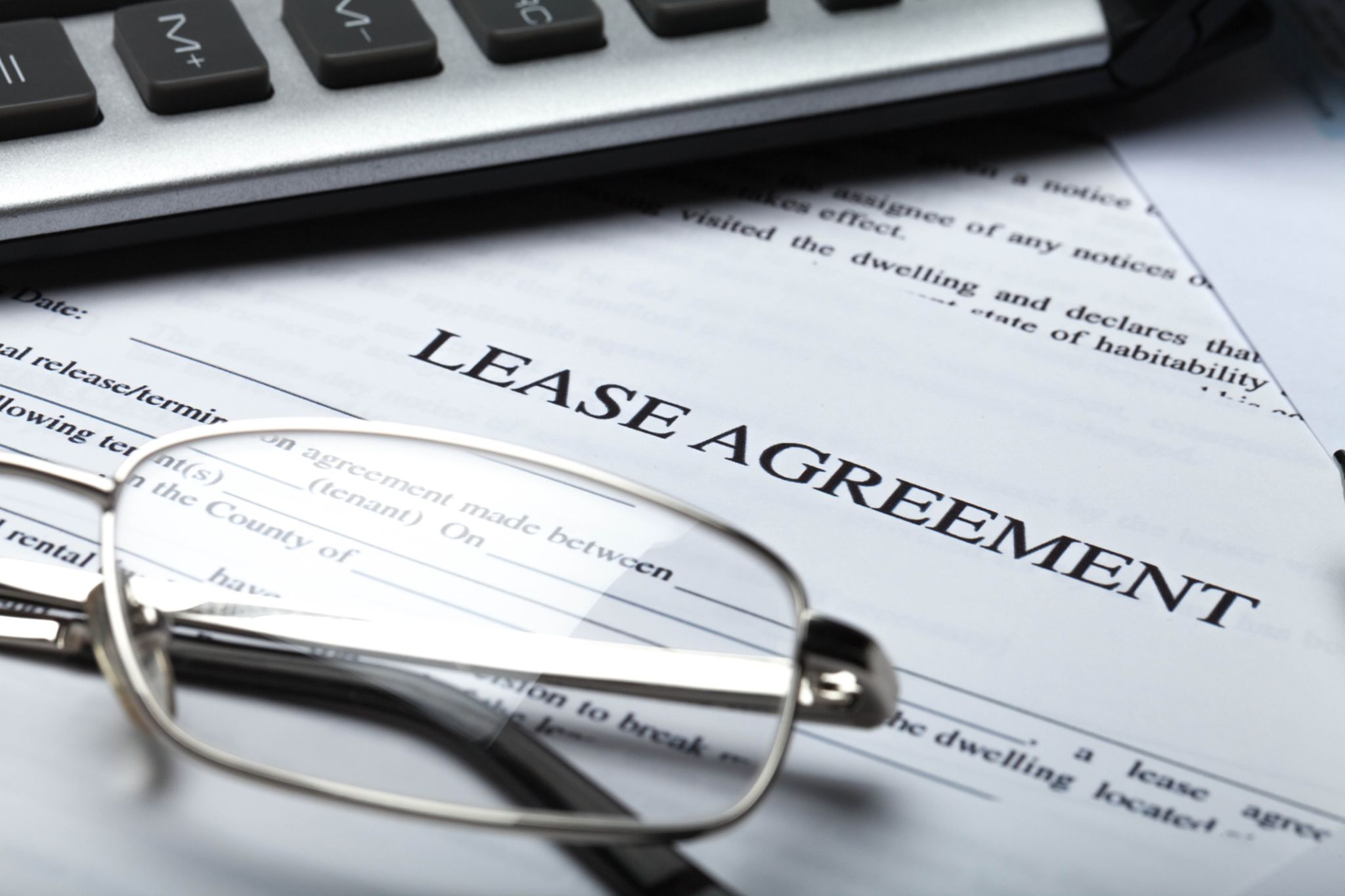A Comprehensive Guide to Commercial Leases: What Every Business Owner Should Know
Understanding Commercial Leases
Embarking on a commercial lease can be a pivotal step for any business owner. Unlike residential leases, commercial leases often involve more complex terms and conditions, which can significantly impact your business operations. It's crucial to understand the key elements involved to ensure you're making a sound decision that supports your business's growth.
Commercial leases vary greatly in terms of length, cost, and flexibility. Typically, they involve longer terms and fewer consumer protection laws than residential leases. This means it's even more important for business owners to be well-informed before signing on the dotted line.

Types of Commercial Leases
Full-Service Lease
A full-service lease, also known as a gross lease, is where the landlord covers most of the operating expenses, such as property taxes, insurance, and maintenance costs. This type of lease provides predictability in terms of monthly rental costs, making it easier for businesses to budget effectively.
Net Lease
In a net lease, the tenant is responsible for a portion or all of the property expenses in addition to the base rent. There are different types of net leases:
- Single Net Lease: The tenant pays rent plus a share of the property taxes.
- Double Net Lease: The tenant covers rent, property taxes, and insurance.
- Triple Net Lease: The tenant is responsible for all operating expenses, including maintenance.

Key Terms to Consider
Before signing a commercial lease, it's essential to understand certain key terms that can affect your business. Some of these include:
- Lease Term: The duration of the lease agreement. Consider both short-term flexibility and long-term stability.
- Rent Escalations: Understand how and when your rent might increase over the lease period.
- Renewal Options: Check if you have the option to renew the lease and under what conditions.
- Permitted Use: Ensure that the lease allows for your intended business activities.
The Importance of Negotiation
Negotiating a commercial lease is a critical step that can save your business money and provide more favorable terms. Don't hesitate to seek concessions from the landlord, whether it's about rent reductions, improvements to the space, or flexible lease terms. It may also be beneficial to hire a professional broker or attorney to assist in negotiations.

Common Pitfalls to Avoid
One common mistake is not thoroughly reading and understanding the lease terms. Business owners should also avoid overlooking hidden costs that may arise from maintenance or repair obligations. Additionally, failing to plan for potential business growth or changes can lead to issues if the space becomes unsuitable over time.
Another pitfall is neglecting the exit strategy. Ensure you understand the conditions under which you can terminate the lease early if necessary and what penalties might apply. A well-thought-out lease agreement should ensure that your business can thrive without unexpected complications.
Conclusion
Navigating the complexities of commercial leases requires due diligence and strategic planning. By understanding the types of leases available, key terms, negotiation tactics, and potential pitfalls, business owners can secure a lease that aligns with their operational needs and financial goals. Remember, a well-negotiated lease not only supports your current business requirements but also paves the way for future growth.
